We Serve
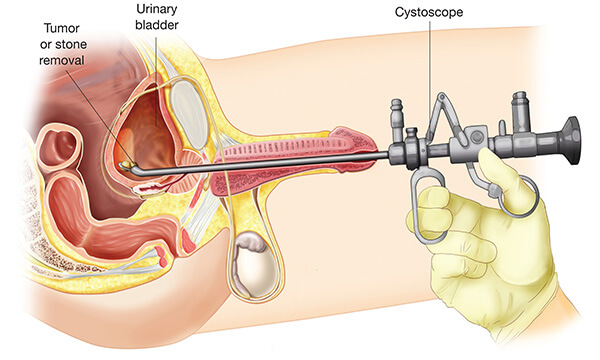
Prostate Laser Surgery
Laser surgery for BPH involves inserting a scope through the penis tip into the urethra. A laser passed through the scope removes prostate tissue by ablation (melting) or enucleation (cutting). The laser melts excess prostate tissue in photo selective vaporization of the prostate (PVP).
Holmium laser ablation of the prostate (HoLAP) is similar, but a different type of laser is used. The surgeon uses two instruments for Holmium laser enucleation of the prostate (HoLEP): a laser to cut and remove excess tissue and a morcellator to slice extra tissue into small segments that are removed.
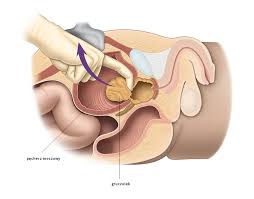
Open Prostatectomy
A supra pubic prostatectomy describes a procedure cuts through the lower abdomen and through the bladder to access the prostate. A perineal prostatectomy is done by making an incision between the rectum and scrotum on the underside of the abdomen.
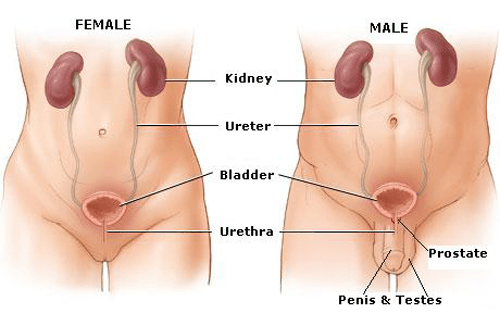
Reconstructive Urology
Urologic reconstructive surgery is defined as the surgical re-routing, recreating, or repairing of the urinary tract. Reconstruction is often needed in patients who have suffered urinary tract injuries, usually from trauma. However, other conditions such as cancer treatments, complications from other surgeries, congenital malformations, and infections can result in the necessity for urologic reconstructive surgery. Reconstructive Urology is committed to helping you through the process starting from a complete understanding of your problem, to offering you all of the options available, to performing the reconstructive surgery. We will work with you and other healthcare providers to ensure that you receive the highest quality care.

Urinary Tract Infection (UTI)
A bladder infection, also known as a urinary tract infection (UTI), can occur when bacteria grow uncontrollably inside the bladder. This type of infection can affect anyone, but it most often occurs in women.
A bladder infection can usually be eliminated successfully with a combination of medical treatments and home remedies. Antibiotics and pain relievers are common medical treatments for bladder infections. Some helpful alternative treatments include drinking more water, urinating frequently, and applying heat.
Practicing good hygiene and making certain lifestyle changes can help prevent future bladder infections.
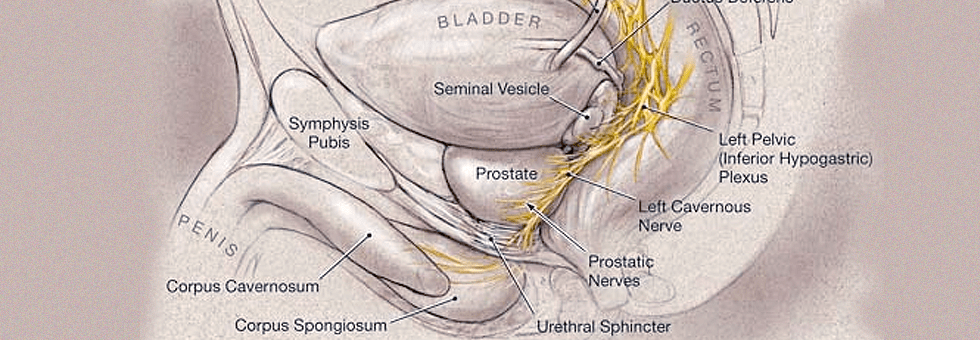
Neurourology
Neurourology concerns nervous system control of the genitourinary system, and of conditions causing abnormal urination. Neurological diseases and disorders such as a stroke, multiple sclerosis, Parkinson’s disease, and spinal cord injury can disrupt the lower urinary tract and result in conditions such as urinary incontinence, detrusor over activity, urinary retention, and detrusor sphincter dyssynergia.
Urodynamic studies play an important diagnostic role in Neurourology. Therapy for nervous system disorders includes clean intermittent self-catheterization of the bladder, anticholinergic drugs, injection of Botulinum toxin into the bladder wall and advanced and less commonly used therapies such as sacral neuromodulation.
Less marked neurological abnormalities can cause urological disorders as well—for example, abnormalities of the sensory nervous system are thought by many researchers to play a role in disorders of painful or frequent urination (e.g. painful bladder syndrome also known as interstitial cystitis).
A bladder infection, also known as a urinary tract infection (UTI), can occur when bacteria grow uncontrollably inside the bladder. This type of infection can affect anyone, but it most often occurs in women.
A bladder infection can usually be eliminated successfully with a combination of medical treatments and home remedies. Antibiotics and pain relievers are common medical treatments for bladder infections. Some helpful alternative treatments include drinking more water, urinating frequently, and applying heat.
Practicing good hygiene and making certain lifestyle changes can help prevent future bladder infections.
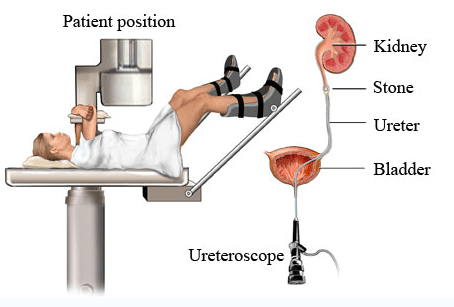
Urogynecology
Urogynecology is a sub-specialty of Gynecology and in some countries is also known as Female Pelvic Medicine and Reconstructive Surgery. It manages clinical problems associated with dysfunction of the pelvic floor and bladder. Pelvic floor disorders affect the bladder, reproductive organs, and bowels.
Common pelvic floor disorders include urinary incontinence, pelvic organ prolapsed and fecal incontinence. It also responsible for the care of women who have experienced trauma to the perineum during childbirth.
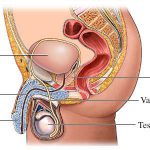
Urologic Oncology
Urologic oncology concerns the surgical treatment of malignant genitourinary diseases such as cancer of the prostate, adrenal glands, bladder, kidneys, ureters, testicles, and penis.
The treatment of genitourinary cancer is managed by either a urologist or an oncologist, depending on the treatment type (surgical or medical). Most urologic oncologists in western countries use minimally invasive techniques (laparoscopy or endourology, robotic-assisted surgery) to manage urologic cancers amenable to surgical management.
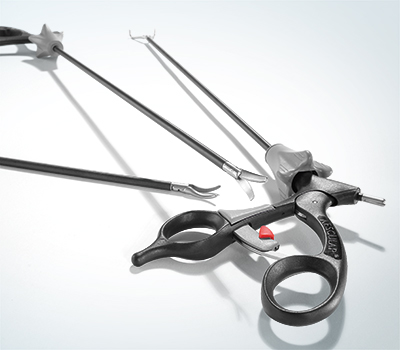
Minimally Invasive Urology
Minimally-invasive procedures (also known as minimally-invasive surgeries) have been enabled by the advance of various medical technologies.
Surgery by definition is invasive and many operations requiring incisions of some size are referred to as open surgery.
Incisions made can sometimes leave large wounds that are painful and take a long time to heal. Minimally-invasive surgery refers to surgical techniques that limit the size of incisions needed and so lessens wound healing time, associated pain and risk of infectio
An endovascular aneurysm repair as an example of minimally-invasive surgery is much less invasive in that it involves much smaller incisions, than the corresponding open surgery procedure of open aortic surgery.
This minimally-invasive surgery became the most common method of repairing abdominal aortic aneurysms

Andrology
Andrology focuses on the male reproductive system. It is mainly concerned with male infertility, erectile dysfunction and ejaculatory disorders, along with some issues regarding pediatric such as growing so much that your body cannot handle. Since male sexuality is largely controlled by hormones, andrology overlaps with endocrinology. Surgery in this field includes fertilization procedures, vasectomy reversals, and the implantation of penile prostheses. Vasectomies may also be included here, although most urologists perform this procedure.

Haematuria
I am text block. Click edit button to change this text. Lorem ipsum dolor sit amet, consectetur adipiscing elit. Ut elit tellus, luctus nec ullamcorper
In medicine, hematuria, or haematuria, is the presence of red blood cells (erythrocytes) in the urine.
It may be idiopathic and/or benign, or it can be a sign that there is a kidney stone or a tumor in the urinary tract (kidneys, ureters, urinary bladder, prostate, and urethra), ranging from trivial to lethal.
Endourology
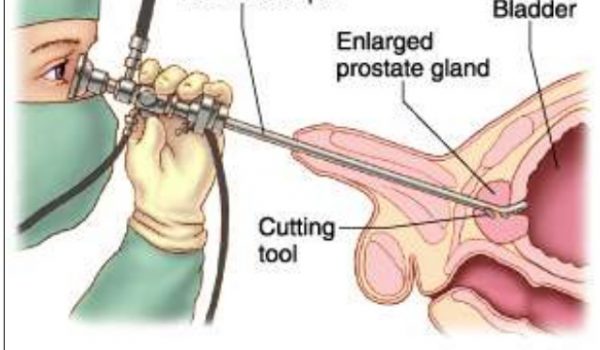
Endourology is the branch of urology that deals with the closed manipulation of the urinary tract.
It has lately grown to include all minimally invasive urologic surgical procedures. As opposed to open surgery, endourology is performed using small cameras and instruments inserted into the urinary tract.
Transurethral surgery has been the cornerstone of endourology. Most of the urinary tract can be reached via the urethra, enabling prostate surgery, surgery of tumors of the urothelium, stone surgery, and simple urethral and ureteral procedures.
Recently, the addition of laparoscopy and robotics has further subdivided this branch of urology.
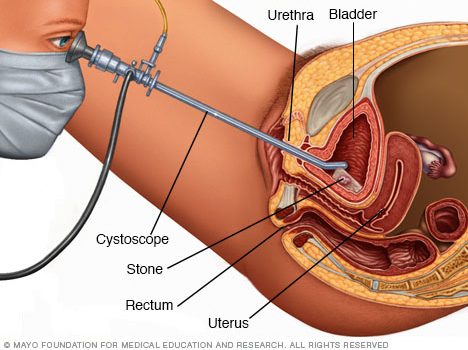
Cystoscopy
Cystoscopy is endoscopy of the urinary bladder via the urethra. It is carried out with a cystoscopy. The urethra is the tube that carries urine from the bladder to the outside of the body. The cystoscopy has lenses like a telescope or microscope.
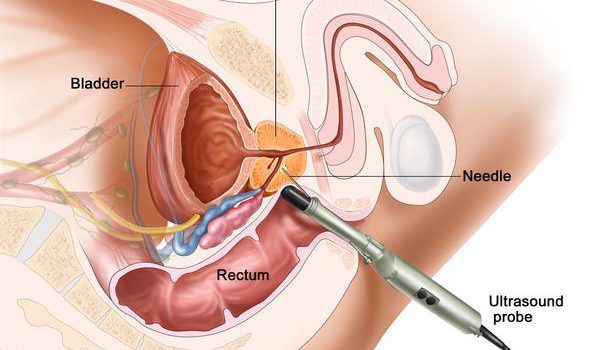
Transurethral Incision of Prostate (TUIP)
Transurethral incision of the prostate (TUIP) is a simple surgical procedure that can relieve the symptoms of an enlarged prostate gland. The prostate gland is part of a man’s reproductive system. It is about the size of a walnut and located between the bladder and the penis.
